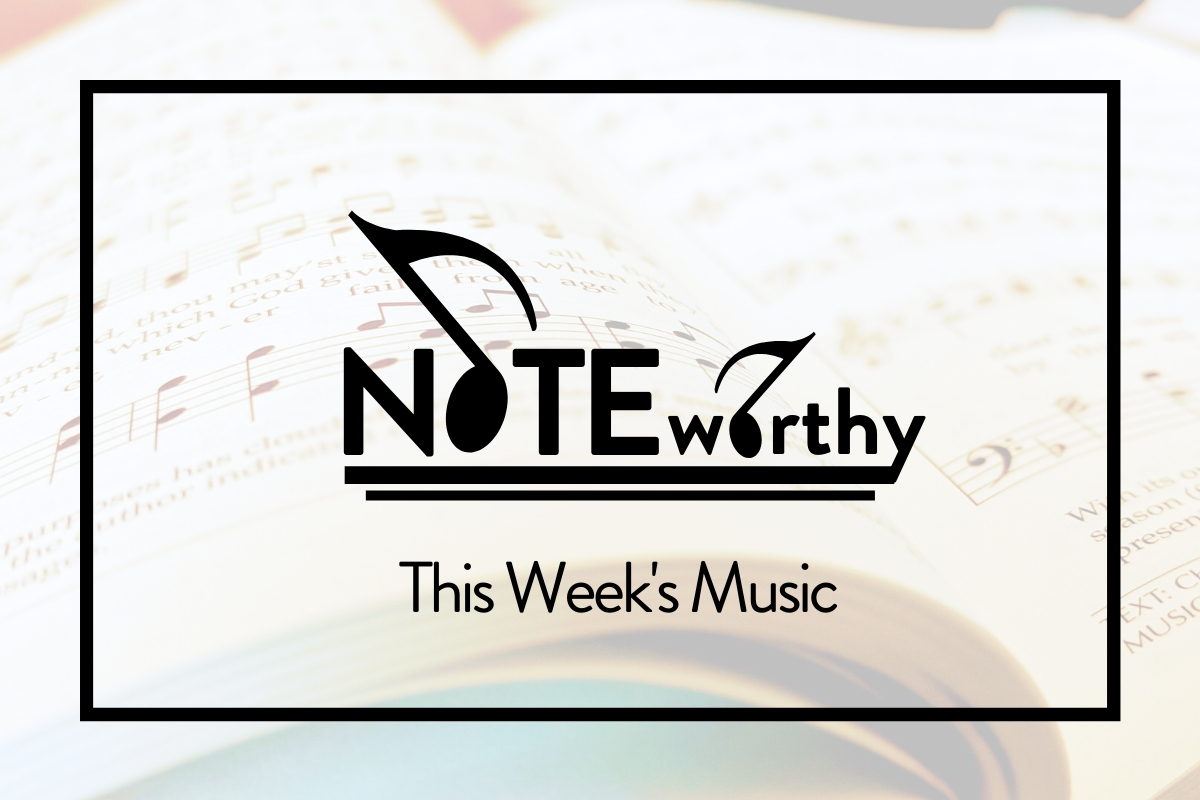“Domini Fili Unigenite” from Gloria – Antonio Vivaldi
Only begotten son, Jesus Christ
From the Gloria of the Mass Ordinary
So far, I think this piece wins the award for “Shortest Translation” or maybe even “Most Underwhelming Translation” of a piece featured on Noteworthy. Listening to this piece without knowing the translation beforehand, I might have thought, “Oh, this is clearly a piece about God’s wonder, maybe about angels leaping as they announce the Christ was born, or the people rejoicing greatly at their deliverance from sin and death.”
…Technically, I guess those are all true, but I must admit I would have hoped for perhaps some more florid language to match the bouncing, joyous noise the piece produces. Regardless, though, of what I may have wanted for Vivaldi, I can’t help but find it impressive that Vivaldi was able to create so much vitality, so much music, and so much emotion from such a comically small bit of text.
In a number of ways, that was the story of his life. Born in Venice in 1678, Vivaldi was trained from a young age for the priesthood. Once ordained in 1703, however, he quickly gave up the priestly role in celebration of the mass due to some ailment – thought to be asthmatic bronchitis, or some sort of nervous disorder. It is assumed by some scholars that Vivaldi had become a priest against his own will, since training for the priesthood was often the only way for poorer children to get an education.
After a very short career in the priesthood, that same year Vivaldi became the violin master at the Ospedale della Pieta, an orphanage for young girls (usually children of noblemen and their mistresses). Over the years, his position grew from violin instructor to director of instrumental music, until his reputation extended far beyond the walls of the Pieta, and his music was performed and published throughout Europe.
What stands out to me about Vivaldi as a musician is that his international and enduring acclaim came from his focus on cultivating the musical garden he was given. Vivaldi was a violin teacher, and so he wrote technical exercises and concertos for his violin students, some so good that they are now classics of the repertoire. In fact, I would bet you’ve heard at least a few different bits of his Four Seasons concerto ( Listen HERE » ) without even knowing it. It’s that good.
Similarly, with this piece, he was musical director for a school of girls, and music for women’s chorus was not widely published in those days. In some churches, women were not even allowed to be in the choirs! Knowing this, Vivaldi wrote the Gloria in standard voicing so that other parishes could perform it, but he was careful to write Tenor and Bass parts that were high enough to be sung by the women of the Pieta.
Boy, were we given a strange garden with this year. A global pandemic, political unrest, racial injustices, economic uncertainty – it’s not really the soil we asked for.
But something can always grow. Maybe it’s a year of dandelions. Maybe it’s a year of tilling the soil. Maybe it’s a year to let the wildflowers bloom.
Maybe it’s a year we work the garden, but trust that God decides what grows.
The Lord will guide you always; He will satisfy your needs in a sun-scorched land and will strengthen your frame. You will be like a well-watered garden, like a spring whose waters never fail.
Isaiah 58:11
Those who work their land will have abundant food, but those who chase fantasies will have their fill of poverty.
Proverbs 28:19
Andy Eaton
Director of Music
First Presbyterian Church

